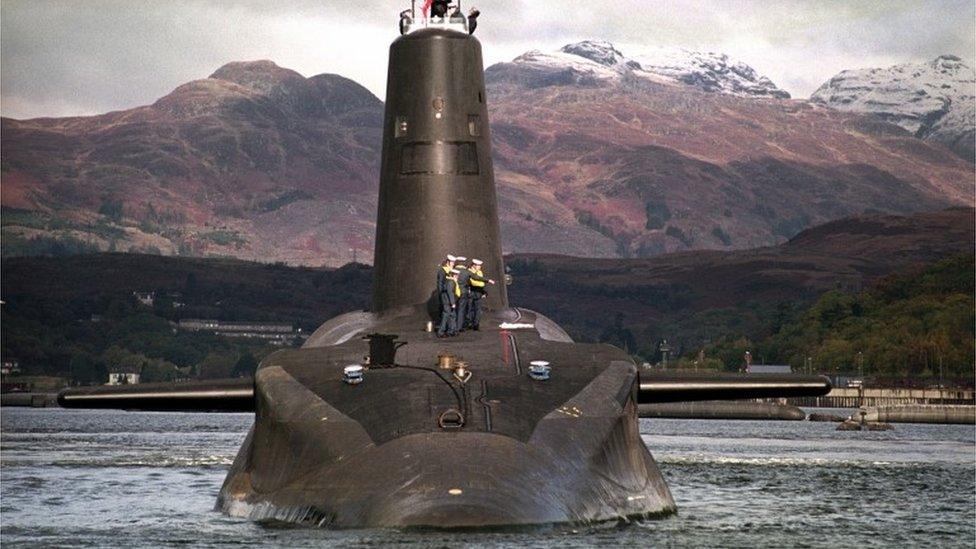What are nuclear weapons?
- Published
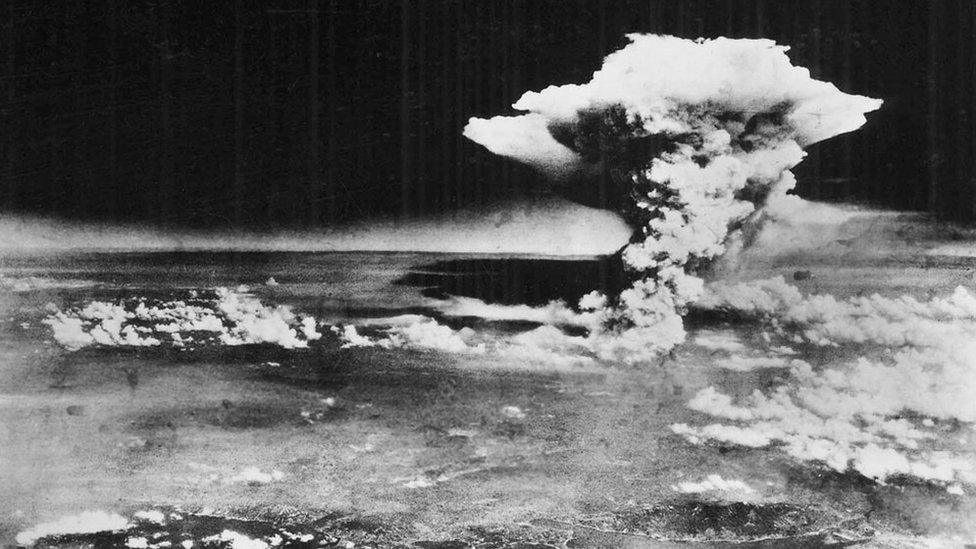
This photo shows the aftermath of a nuclear bomb dropped on Hiroshima in Japan - one of only two times that nuclear weapons have been detonated in war
Nuclear weapons are enormously powerful explosives.
They get their energy from splitting or joining tiny particles inside an atom. This is why you might hear a nuclear bomb being called an atomic bomb.
Nuclear bombs can be more powerful than even the biggest non-nuclear bombs. The explosions they produce are so powerful that just one nuclear bomb can destroy a large city.
Nuclear weapons also release huge amounts of radiation, which can cause radiation sickness and horrible illnesses, so the destruction lasts longer than the initial blast.
They were used twice against Japan during World War II, causing huge devastation and enormous loss of life, but they have not been detonated in war since.

Which countries have nuclear weapons?
There are five legally recognised nuclear weapons states: Britain, France, the US, China and Russia.
They mostly developed their nuclear weapons following World War Two, although China was slightly later in the mid-1960s.
There are other countries which claim to have nuclear weapons - North Korea, India and Pakistan - and it is widely believed Israel has them too, although it has not confirmed or denied this.
Iran was also suspected of working to develop nuclear weapons, which is why the Iran nuclear deal was reached.
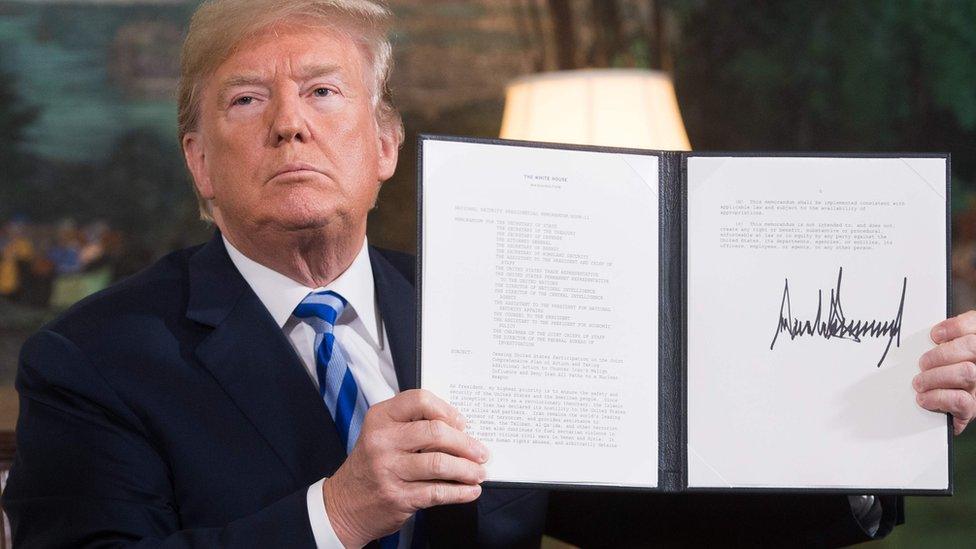
On 8 May 2018, US President Donald Trump announced that the US was pulling out of a deal, which worked to limit Iran's nuclear programme
It's not always clear exactly what countries are doing with their nuclear development programmes, as governments are very secretive about it.
It is also difficult to know what a country is doing, as the earlier stages of the process to develop a nuclear bomb are similar to the development of a nuclear power station (a peaceful use of nuclear technology) - so it can be hard to tell what a country is really up to.
According to the Federation of American Scientists, the number of nuclear weapons in the world has gone down significantly from about 70,300 warheads in 1986 to around 14,200 in early 2018. Although, the warheads in existence now are said to be more advanced than they used to be.
Russia and the US own the majority of these.

What is the situation in the UK?
Britain's nuclear weapons programme is called Trident.
Since 1969, according to government documents, a British submarine carrying nuclear weapons has always been on patrol, somewhere in the world's oceans. Britain has four submarines in total.
The government says that the current Trident system will be out of date in the coming years, so a replacement is needed - and in July 2016, MPs voted to renew it.
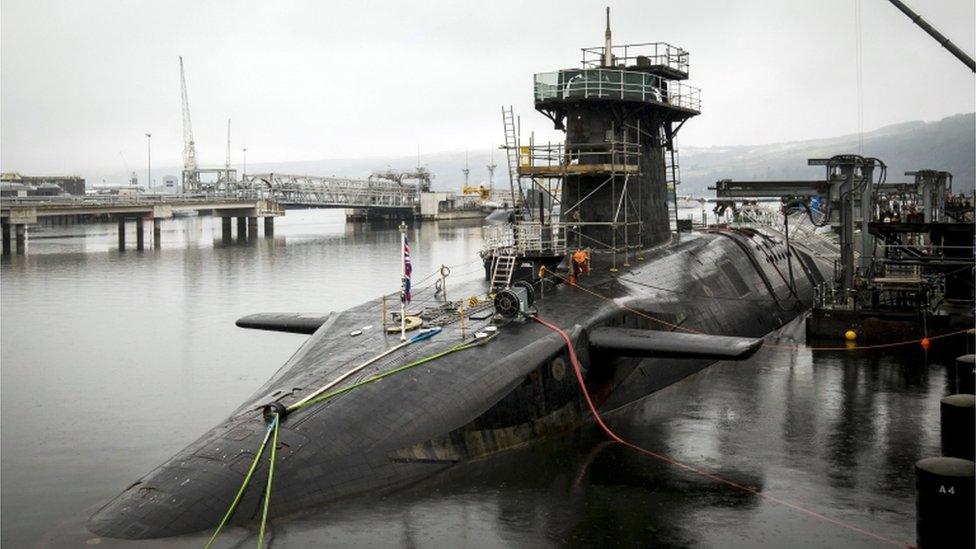
The Vanguard is one of Britain's Trident submarines
Prime Minister Theresa May has said it would be a "gross irresponsibility" for the UK to abandon its nuclear weapons, although there are people who disagree with this.
Some say there is no justification for ever having such destructive weapons. They believe that if Britain got rid of its nuclear weapons, it would set a good example to the rest of the world.
Many believe that the money spent to maintain a nuclear programme like trident (billions of pounds) could be better spent elsewhere.
Those who support Trident say that just having these weapons - even if they're never used - may prevent any enemies from wishing to attack the UK, so they are a good deterrent.

Does the world work together on nuclear weapons?
An important global treaty called the Treaty on the Non-Proliferation of Nuclear Weapons (NPT) came into force in 1970, which spells out the rules for nuclear weapons around the world.
Including the five recognised nuclear weapons states, 190 countries have signed the agreement.
India, Israel and Pakistan never signed it though and North Korea left it in 2003, before first testing nuclear weapons in 2006.
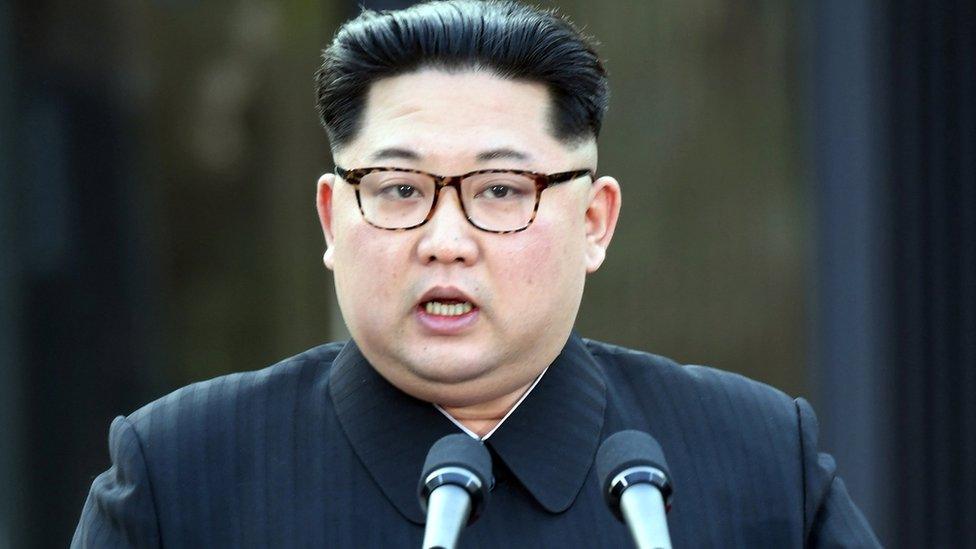
North Korea (pictured here is the state's leader Kim Jong-un) withdrew from the NPT in 2003
The treaty says that the five official nuclear states can't have their collection of nuclear weapons forever. It also bans others countries from developing nuclear weapons.
South Africa, Belarus, Kazakhstan and Ukraine all gave up their nuclear programmes.
The NPT's goal is to prevent the spread of nuclear weapons and weapons technology.
It wants countries to work together for the peaceful use of nuclear technology and to work towards hopefully disarming the world of nuclear weapons completely.

What next for nuclear weapons?
Experts says that countries with nuclear capabilities continue to modernise their weapons or are planning to do so.
According to the Federation of American Scientists, China, Pakistan, India and North Korea are adding to the number of warheads that they have.
So even though the number of warheads in the world has gone down, nuclear weapons programmes are still active.
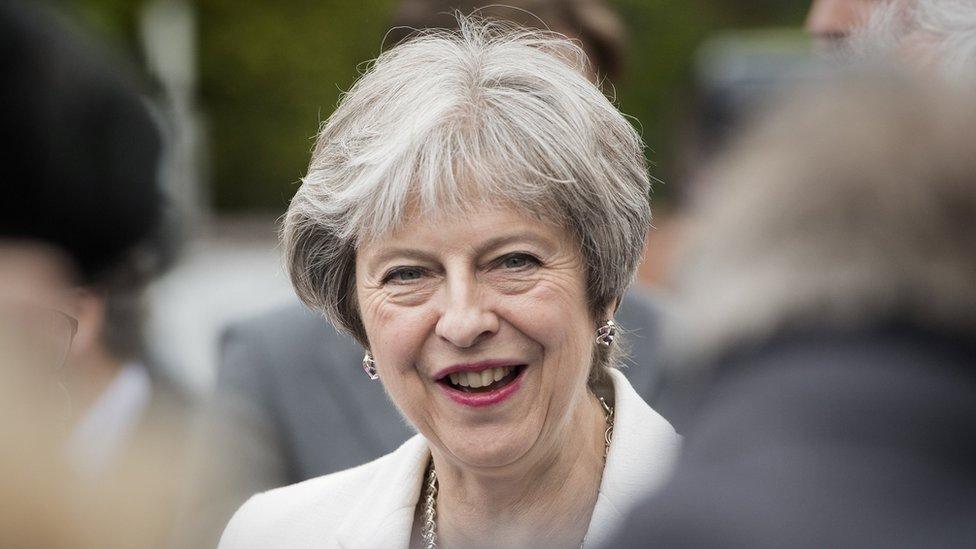
Prime Minister Theresa May has said it would be a "gross irresponsibility" for the UK to abandon its nuclear weapons
In July 2017, more than 100 countries endorsed a United Nations treaty to ban nuclear weapons altogether - the first agreement of its kind - and dozens of countries have already signed it.
But the nuclear-armed states refused to come to the negotiations, and the UK and US say they never intend to join the treaty because it conflicts with the work of the NPT.
The organisation behind this treaty - The International Campaign to Abolish Nuclear Weapons - won the 2017 Nobel Peace Prize.
- Published9 May 2018
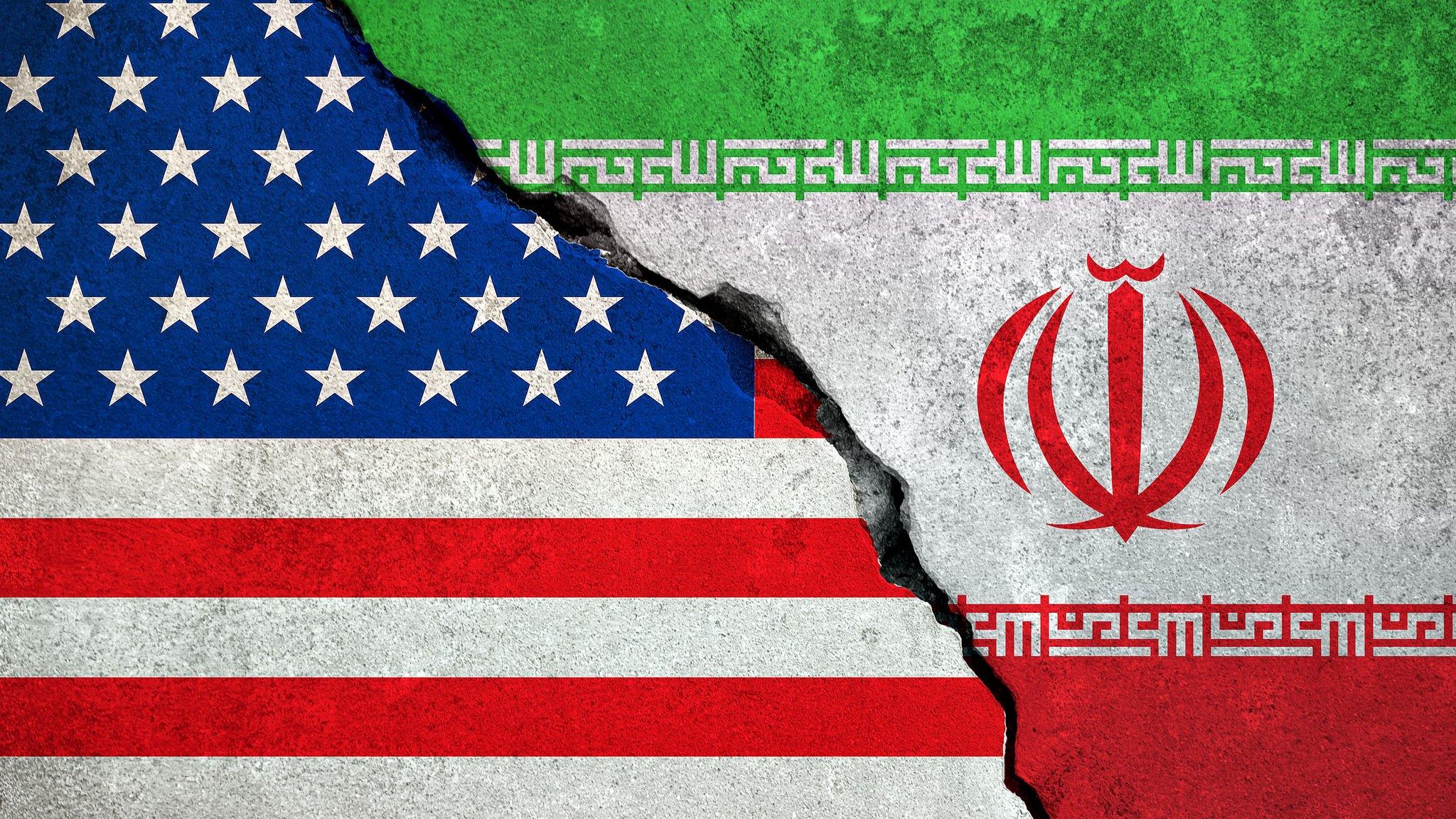
- Published9 August 2020

- Published3 January 2018
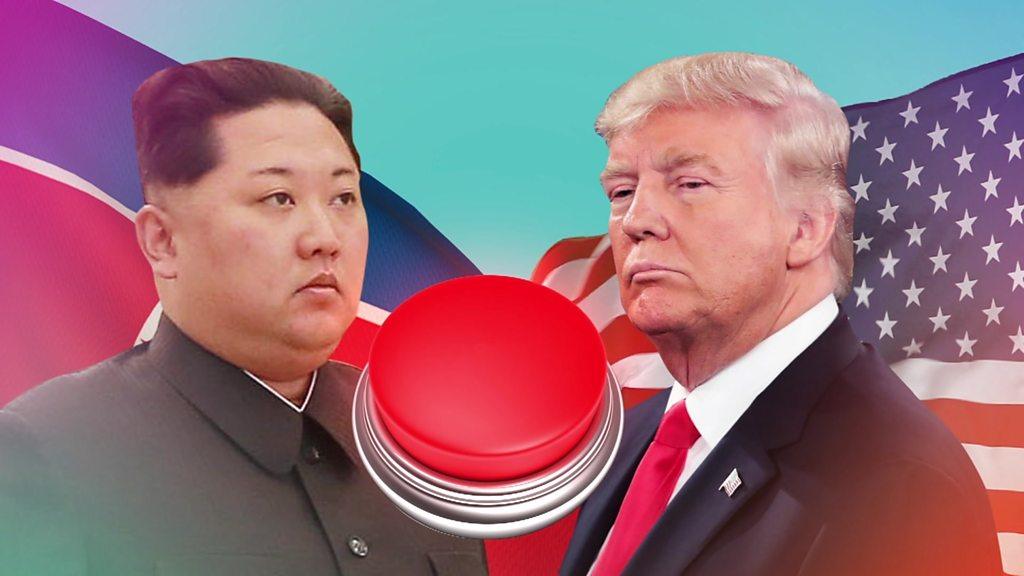
- Published21 April 2018
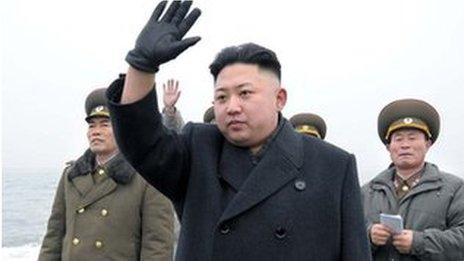
- Published19 July 2016
